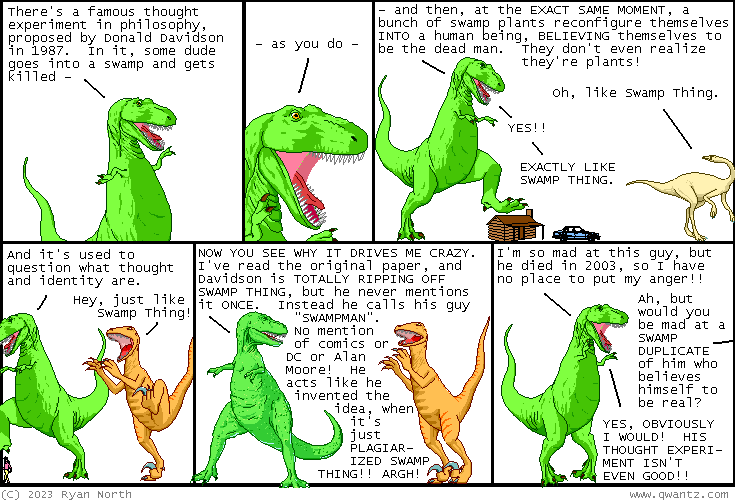Reading
 If you’re planning for future demand for a product, service or piece of infrastructure, a population forecast will be an important part of your evidence base. How many people will live nearby your new...
If you’re planning for future demand for a product, service or piece of infrastructure, a population forecast will be an important part of your evidence base. How many people will live nearby your new...I turn 60 this year. My health is generally good, though I have aches and pains from a form of arthritis. I’m not optimistic enough to believe that the best years of my life are ahead of me, nor so pessimistic as to assume that the best years are behind me. But I do know this, however sad it may be to say: the best years of my country are behind me. Indeed, there are all too many signs of America’s decline, ranging from mass shootings to mass incarceration to mass hysteria about voter fraud and “stolen” elections to massive Pentagon and police budgets. But let me focus on just one sign of all-American madness that speaks to me in... Read more
Source: Are the Best Years of My Country Behind Me? appeared first on TomDispatch.com.
Is the third time the charm? Charles’s first coronation was at Gordonstoun school in November 1965, when he played Macbeth. There is a photograph in the Royal Collections of him in a get-up nearly as strange as those he is wearing at Westminster Abbey almost sixty years later, sporting a bad fake beard and what […]
The post Golden Coats, Sacred Spoons appeared first on The New York Review of Books.
“As long as we labour under the delusion that financial choices are the same for a government as they are for households or firms, who don’t have a [central] bank …
The post Two worlds. Royalty shamelessly flaunts its wealth while the people struggle to live. appeared first on The Gower Initiative for Modern Money Studies.
Week-end Wrap – Political Economy – May 7, 2023
by Tony Wikrent
The ‘Free Market’ is a Fever Dream and Adam Smith Wasn’t in It [YouTube]
[Rhodes Center Podcast, via YouTube, Mar 31, 2023]
Mark Blyth interviews “Jacob Soll… professor of philosophy, history, and accounting at the University of Southern California, and in his book “Free Market: The History of an Idea,” he begins way back in ancient Rome, stops in 17th-century France with Louis XIV’s minister Jean-Baptiste Colbert, and, on the way to the present, barely mentions Adam Smith at all.”


